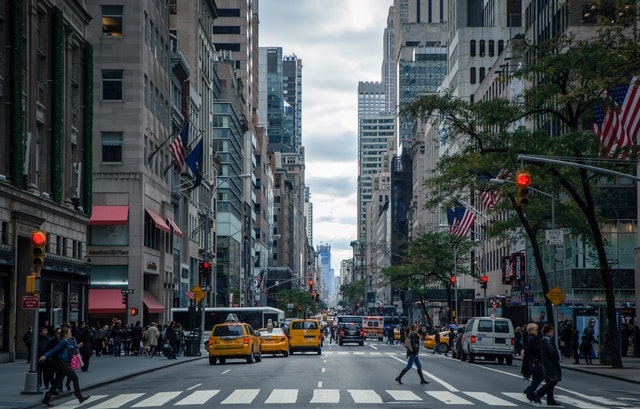The world is full of sounds. According to a number of organizations, such as the World Health Organization, American Speech-Language-Hearing Association and even the U.S Census Bureau, this excess noise poses a real danger to human health and well-being.
What is Noise Pollution?
The excessive noise we all experience in our daily lives is called noise pollution. These unwanted or disturbing sounds are the source of outdoor noise, typically caused by construction equipment and transportation, both individual (car, truck or motorcycle) and public (buses, trains, boats, etc.).

Noise pollution is highest in cities, where background levels typically average between 55 to 67 decibels (dB). This is the same as the hum of an air conditioner. While the human ear can handle noises up to 85 dB without causing damage, studies have found that 65 dB and above can cause an increase in:
- Blood pressure
- Heart rate
- Stress hormones
A 2017 study found that city residents have noticeable levels of hearing loss. Their level of hearing loss was what it should have been if they were 10 to 20 years older.
According to the National Institute on Deafness and Other Communication Disorders (NIDCD), nearly 24 percent of Americans aged 20 to 69 have hearing loss caused by exposure to excessive noise.
What Can Be Done About Noise Pollution?
Now that you know what noise pollution is, you may be wondering what you can do about it. According to your Tucson audiologist, Ted Rueter is your man. He founded Noise Free America in 2001, with a mission of educating the public about noise pollution.
How You Can Help
Below are some ways you can help curb the problem of noise pollution.
Join the Community
Signing up for updates and alerts from Noise Free America helps you stay informed. You can then volunteer to help with community outreach, research or lobbying efforts. You can also write to your local, state or national representatives to ask for more legislation for anti-noise ordinances.
Get in the Know
Noise Free America has a 67-page manual that can be downloaded for free off their website. This document contains a lot of helpful information, including:
- How to identify noise pollution
- Why it is harmful to your health
- How to start a local chapter
- How to fight noise in your community
- Quiet alternatives to noise-making products
- Suggestions on wording for petitions and letters to representatives
Practice What You Preach
If you are asking others to keep the noise down, you must do the same. Use quieter alternatives whenever possible and monitor your outdoor lawn equipment usage. If you have a dog, try to work on controlling its excessive barking.
Passing along the tools and information you have learned about the dangers of noise pollution to your friends and family can also help spread the message.
Protect Yourself
Now that you understand the dangers of noise-induced hearing loss, you can prevent it. There are many times when you cannot control the amount of noise you are exposed to. In those situations, it is your responsibility to protect your hearing. This can be done through earplugs and headphones.
For more information on protecting yourself from noise pollution, contact your Tucson audiologist today.